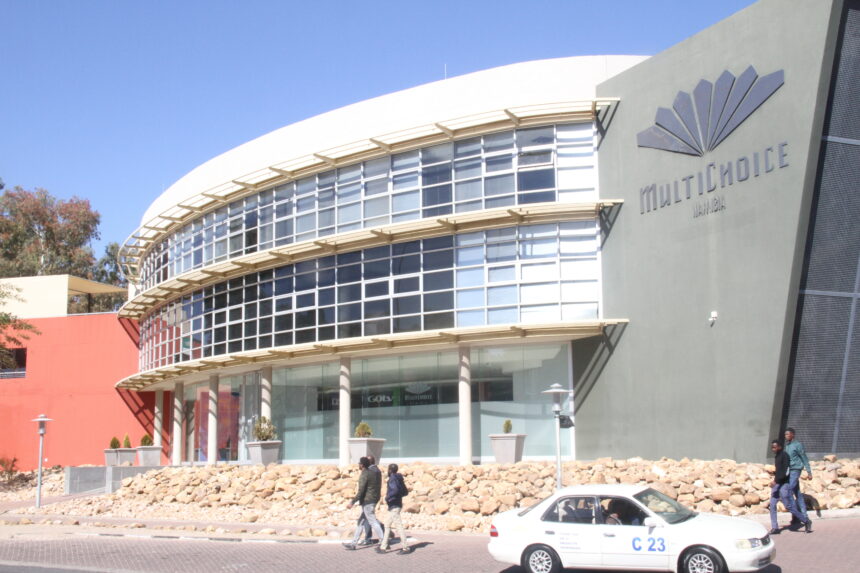Multichoice continues to face financial challenges as highlighted in its latest interim financial results for the period ending 30 September 2024.
The company reported a substantial revenue decline of 10%, dropping from N$27.9 billion to N$24.8 billion.
This is primarily due to a decrease in its linear subscriber base, which fell by 11% year-on-year, losing approximately 1.8 million subscribers.
“This decline indicates the extremely hostile operating environment that the group has encountered over the past 12 months,” said a company.
The financial strain is compounded by severe foreign exchange pressures, particularly in the rest of Africa’s business, which has seen trading profit plummet by 46%.
The group’s assets also suffered, decreasing from N$43.9 billion in March to N$41.5 billion by September.
Liabilities stood at N$44 billion.
MultiChoice’s trading profit margin has been adversely affected by these economic conditions.
Losses are attributed to currency volatility and increased investments in its streaming service, Showmax.
The pay-TV industry is grappling with intense competition from streaming services like Netflix and Amazon Prime Video, which have gained traction among consumers.
The MultiChoice Group (MultiChoice or the group) operates in 50 countries across sub-Saharan Africa and in several markets outside of Africa through its global technology business, Irdeto.
The group’s geographic footprint and operating business model result in significant exposure to foreign exchange volatility.
This is largely due to revenues being earned in local African currencies against a meaningful proportion of the cost base being that the United States dollar denominated as certain core products and services are sourced from international markets.
Recent data from the Bank of Namibia reveals that Namibians spent N$151 million on video downloads and streaming services in the past year, with Netflix leading the charge.
Despite these challenges, Multichoice remains committed to optimising costs and enhancing its service offerings.
The company has implemented various strategies aimed at stabilising its subscriber base and improving overall performance.
As MultiChoice navigates these turbulent waters, it faces critical decisions ahead regarding its operational strategies and market positioning.
The ongoing economic headwinds and changing consumer preferences will likely continue to shape the company’s trajectory as it strives to regain stability and growth in an increasingly competitive landscape.



